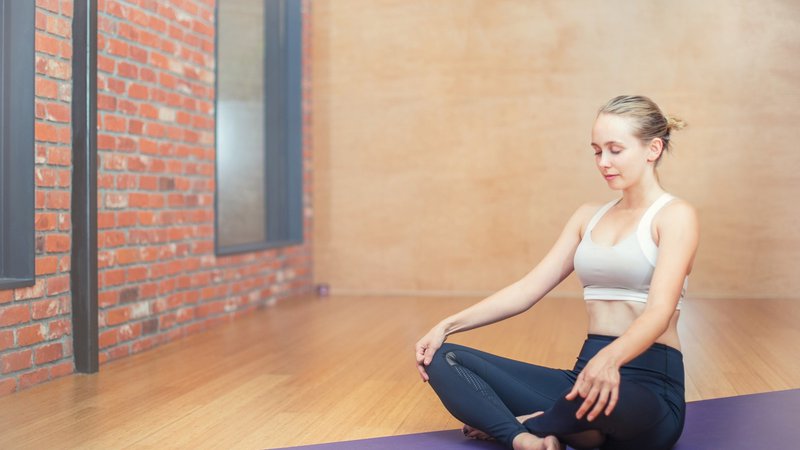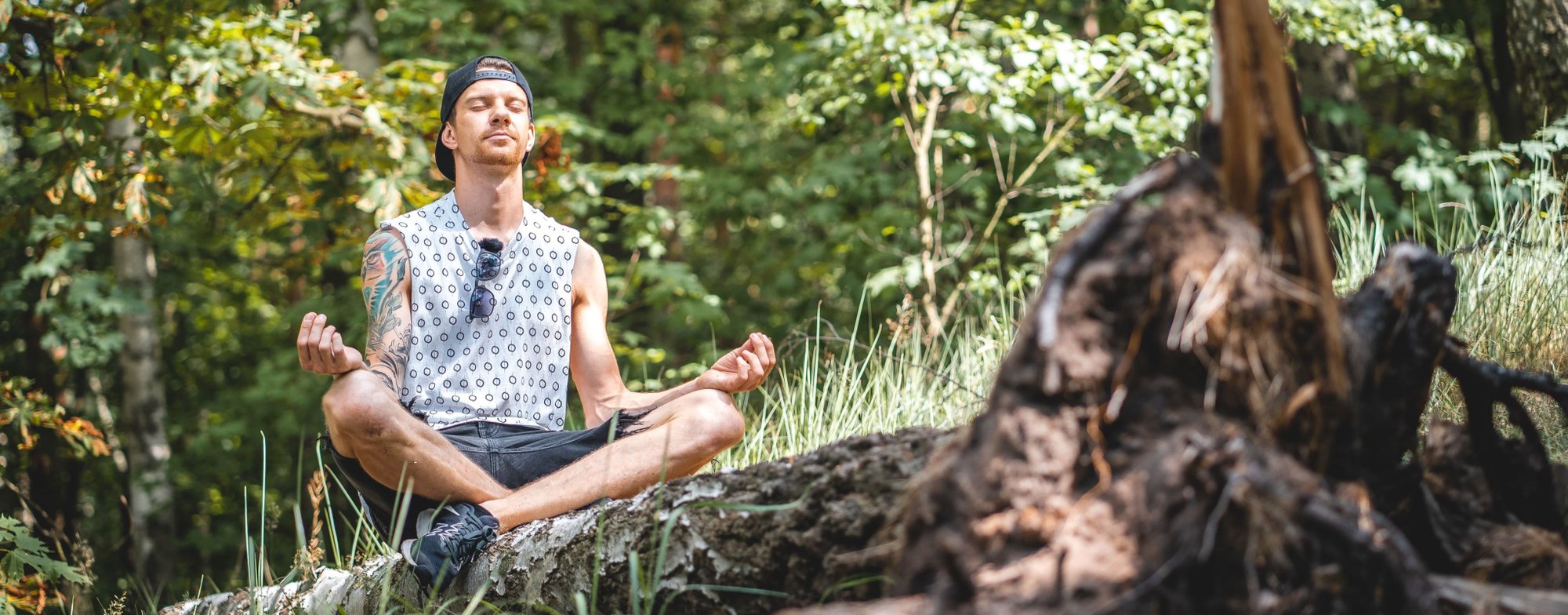
I write novels. That artistic effort requires concentrating on story problems for multiple hours a day. It demands that your mind enters a state of flow and to enter the invented minds of your invented characters as you write down their story. Because of the length of novels, you must pull off these mental miracles for months, or years, at a time.
In the first 25 years of my writing, I wrote a score of short stories, four novels and half a dozen screenplays. I improved with each effort, but never had anything resembling commercial success. I was a rank amateur with only a stack of rejected manuscripts to show for my labor.

In the past 10 years, my writing has leveled up, especially my ability to solve story problems, which demands the most creativity of all. When I started, I wrote simple stories with hardly anything happening because that's as much as I could handle in a story. I now write multiple point-of-view novels, juggling personalities like a politician at a Florida political rally, with lots going on in the stories.
What changed? Part of it is just practicing for ten more years. But I think meditation is a big part of my improvement.
Meditation was recommended to me ten years ago by two writing instructors. When I started meditating, I immediately noticed the benefits, calming me and strengthening my mind's ability to focus and let interruptions slip away like ducks over a waterfall.
Of course, correlation is not causation, but I'm convinced that meditating has allowed me to learn to write better during my recent classes. It's not the solution, but a critical part of the solution. (The other parts are exercise and better sleep habits — and meditation is also what helps me keep those habits, as well.)
You should try it.

How to get started meditating
To begin meditating, find a quiet and comfortable place to sit, close your eyes, and pay attention to your breathing.
If another thought emerges in your mind, let it go. Tell yourself you'll think about it later. Then pay attention to your breathing again.
That's it. Do that and you are officially meditating.
If the simplicity of that seems like it's a joke, it's not. That deceptively easy thing to do is what delivers great benefits to you mind and body.
Try it — right now! — then come back and ask yourself this question:
How can something that easy be so valuable?

Does this sound like you?
We are constantly assaulted by distraction in the modern world. If you work on a computer, you likely check your social media feeds or scroll through email. (I do those, but I'm also addicted to reading the news.) If you have a smartphone, you may check your social media, check your email, read the news and also play a game.
On top of that, you may listen to a podcast or the radio in your car, then watch streaming television in the evening, and go down a rabbit hole of YouTube videos before falling asleep.
If that's you, your brain is dealing with a lot of input that is telling you what to think. Other people's opinions and judgment. Stories that you are expected to enjoy.
None of that input gives your brain a chance to think for itself about something. Maybe not anything.
So a break of as little as five minutes can give your mind a chance to recover and even strengthen itself. That little bit of calm goes a long way, and feels pretty good.

How long should you meditate?
You can meditate for a minute, or an hour, or any number of minutes in between. I declared six (6) minutes to be the threshold for me. I set myself a goal to sit quietly once a day and pay attention to my breathing.
Six minutes works for me, but ten or twenty might be better for you. You have to try it and figure out what works for your schedule, even if it's less than six minutes.
Are you familiar with that adage about how to control your anger? You count to ten before responding. Even that tiny amount is a form of meditation. You are focusing your mind on counting, giving it a chance to calm down.
I recommend you keep track of your mediation efforts because the act of tracking encourages you to keep doing it, turning it into a habit. You can use a calendar, a journal, or a rosary.

What else does meditation do?
By focusing on your breathing, you are training your mind to concentrate on something. It's like practicing scales in music: we play an ukulele with our hands, but the real work is done in our brain.
This modern world constantly interrupts our thoughts, teaching our minds to deal with the next thing, the next headline, the next level in a game. It's become a big casino with bells and blinking lights beckoning for our attention.
Taking five or ten minutes to practice focusing your mind strengthens your ability to filter out some of the noise. Remember how I mentioned that, should a thought intrude upon your meditation, just let it go, reminding yourself you'll worry about it later. Then focus your attention again on your breathing.
Letting go of an interruption must also be strengthened.
So that's two critical things meditation does for you:
- strengthens your ability to focus
- strengthens your ability to ignore interruptions
What if you want to do more?

Take your meditating to the next level
The simplest thing to do with meditation is just do more. Sit in a quiet place for longer stretches of time. I find that, on weekends, I linger after the six minutes are after, often until my crossed legs fall asleep.
Try walking meditation, which is just like normal walking, but a little slower. Pay attention to your surroundings. It's best done away from a busy, noisy street, like in a park. Notice the trees. Look for birds. Watch where you're going, and also what's underfoot, such as grass or gravel or pavement.
If you play music, or want to learn, practicing scales, with its repetitive concentration, is a form of meditation. I play ukulele, and Danieal Ward created a song book of meditations that are delightful to hear, fun to play, teach me chords and finger-picking, and also are a meditative break for my mind.
Finally, there are forms of mantra meditation, during which suggestions are repeated to yourself.
How frequently should you meditate?
Meditating should be at least like bathing, in that you try to do it daily, or more often if you get yourself messy. During particularly frustrating or stressful times, a few minutes of meditation can restore balance and energy, while also strengthening your mind to better withstand assaults in the future.

What will meditating do for you?
Meditating won't in and of itself make you a novelist, pianist, or surgeon. But if you want to learn any of those skills (any skill, obviously) training your brain to focus, remain calm, and ignore distractions is fundamenntal.
The world needs more people who can use the power of their mind to solve problems.
Give it a try.
